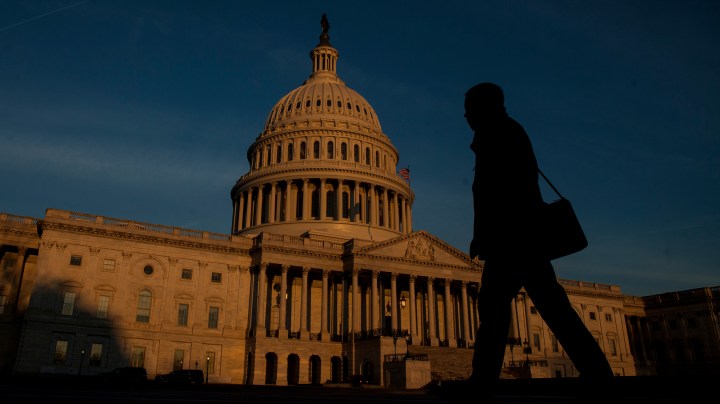
House panel hears the case for reparations
Share Now on:
House panel hears the case for reparations

Congress is marking Juneteenth with a hearing on H.R. 40, the Commission to Study and Develop Reparation Proposals for African-Americans Act. June 19 marks the anniversary of when some enslaved African Americans finally received news in 1865 that they were free more than two years after the Emancipation Proclamation.
Since the end of slavery in the United States, there have been calls for economic reparations, first for the formerly enslaved, then later for descendants. But before the conversation about who should pay for possible slavery reparations or who who should receive them, some members of Congress are seeking a historical reckoning.
Wednesday’s hearing before the House Judiciary Subcommittee on the Constitution, Civil Rights, and Civil Liberties is not to decide the question of whether there should be reparations, but “to talk about the legislation, which establishes a commission to actually examine and look at the impact of slavery the current vestiges of slavery,” said Danyelle Solomon, vice president of race and ethnicity policy at the Center for American Progress.
Solomon said the intensifying public conversation around reparations, including Ta-Nehisi Coates’ seminal piece, “The Case for Reparations,” is behind the renewed push for legislation. Coates is scheduled to testify at the hearing, along with actor and activist Danny Glover and economist Julianne Malveaux.
“I think we’ve heard not only from opinion and thought leaders, but also folks running for president,” Solomon said.
Presidential candidates are talking about it, although they have varying perspectives on what exactly “reparations” should mean.
H.R. 40 is not new legislation. It was originally introduced by former Rep. John Conyers in 1989 and is now sponsored by Texas Democrat Sheila Jackson Lee, and even supporters are skeptical it would become law in the current political climate. Nevertheless, according to economist and public policy professor William (Sandy) Darity at Duke University, “The conversation is further along than it has ever been in my lifetime.”
Darity is encouraged that much of the recent conversation around reparations has focused on the racial wealth gap.
“The average white household in the United States has a net worth of about $800,000 more than the net worth of an average black household,” said Darity. He argues any eventual plan to address the lasting economic consequences of slavery and discrimination should at least start with the wealth gap when it comes to calculating the bill for any potential reparations.
There’s a lot happening in the world. Through it all, Marketplace is here for you.
You rely on Marketplace to break down the world’s events and tell you how it affects you in a fact-based, approachable way. We rely on your financial support to keep making that possible.
Your donation today powers the independent journalism that you rely on. For just $5/month, you can help sustain Marketplace so we can keep reporting on the things that matter to you.


















